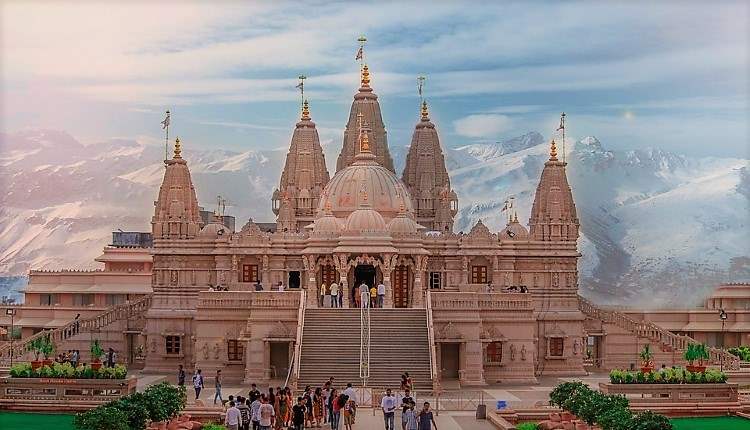How are religions such as Hinduism, Buddhism and Zoroastrism treated in Islam
How are religions such as Hinduism, Buddhism, Zoroastrianism treated in Islam? Is it possible that Ram, Buddha could have been prophets of their times? The Qu’ran mentions only People of the Book. Does this mean it does not recognise followers of other religions?
Answer
All religions, religious views should be treated with respect for three reasons: we assume that the views held by the people of other religions are what they are comfortable with (Quran; 6:108); we are instructed to invite others towards God’s way wisely (Quran; 16:125) and we have been asked not to use disrespectful language even for their false gods lest they should retaliate in the same vein (Quran; 6:108).
However, it is no disrespect towards another religion if you mention weaknesses in the claims of its followers in an academic manner. That obligation should be discharged because God has sent down His own message to be spread, accepted widely and believed in. Had it been a matter of personal choice and taste only, we would not have done it. After all, we do not strongly plead that mangoes are better than apples, or that Iqbal is a better poet than Ghalib or vice versa. But when we believe that Islam is God’s message for the entire humanity, we must let people know that the message is meant for them as well. Since despite God having revealed His message, He has also left the choice of religion at the discretion of the individual, we too are bound not to force it upon anyone, but try to convince others through debate and the strength of our own conviction.
God sent His message and delivered it differently in three different phases of human history. In the first phase, this was done by arranging for the messengers to deliver it to each community. Every nation had a messenger. (Quran; 10:48) This was the era between Nuh and Ibrahim alaihiussalaam. Remember that Nuh alaihiussalaam’s progeny was the entire humanity. Then He chose the progeny of Ibrahim for the task. In this second phase it was the Children of Israel who were entrusted with the assignment for around two thousand years. (Quran; 2:47). Thereafter the job was given to the Children of Ismail, the other part of Ibrahim’s family. (Quran; 22:78) This third phase will last until Judgment Day.
It is possible that in the first phase of the history of prophets, some personalities mentioned in Hindu mythology were in reality messengers in the era between Nuh and Ibrahim alaihiussalaam, and their message got transformed beyond recognition. Indeed many aspects of their religious message carries positive aspects shared by God-sent religions. It would be difficult to either confirm or reject the possibility. We may endorse those aspects of their religious beliefs which are consistent with God’s message and wisely criticize the ones that are contrary to the principles of Islam.
Given the above explanation, it is unlikely that an individual who did not belong to the progeny of Ibrahim, alaihiussalaam, could be a prophet of God.
Ahle Kitab were the people who were present in the times when the Qu’ran was revealed. They became the immediate addressees. The rest of the people should be dealt with in the light of what has been mentioned. Since Hindus have diverse religious views about God, only those of them who acknowledge monotheism as their formally declared religious creed should be considered similar to Ahle Kitab.

